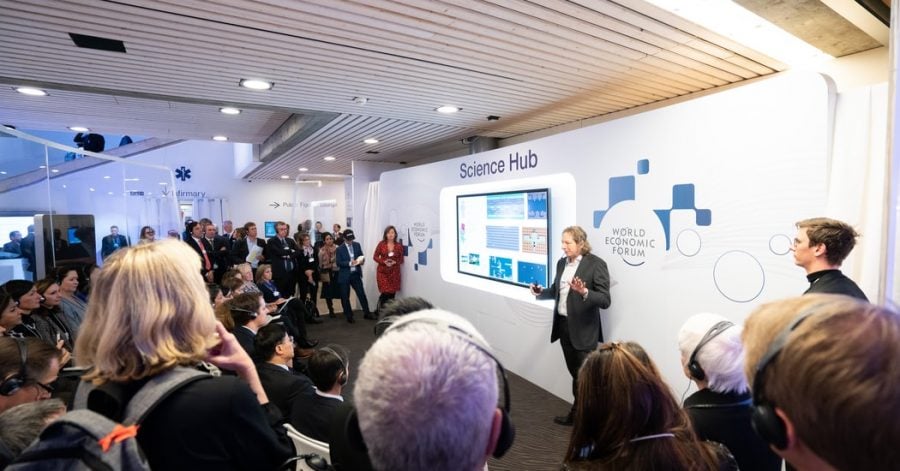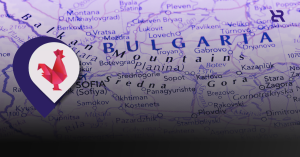What is the best way to educate a community in order to keep the ecosystem growing and moving forward? Demos, idea sharing, and networking events are engaging and effective ways of connecting the right people at the right time to allow innovation to flourish, partnerships to develop, and ideas to realize. It is true, however, that an event itself does not particularly lead to ecosystem building – there needs to be some solid planning and research in order to maximize the experience for the participants and to contribute to optimal value creation. So, how does this really work?
The Recursive team reached out to Alexandru Tintea who has been deeply involved in the Romanian ecosystem-building events industry for more than 11 years to find out what does it mean to develop a startup ecosystem with events and how this can be done.
The Recursive: How did your journey in the event planning industry start and why did you decide to shift your focus from simple event organizing to community building?
Alexandru Tintea: I started in 2009 together with Constantin Gherici, my partner in the first company, who had found out about “Mobile Monday”, a Finnish initiative in the field of mobile communications, bringing together innovators, startups, and companies around the world. We launched the concept in Romania with the support of Orange Romania.
Organizing professional events is probably the best opportunity to start building professional communities, providing and getting support from all other players in this industry. There are many connections between the professional events industry and how a professional community develops.
What value do events bring in terms of ecosystem development? How about the value they bring to founders, investors, and starting entrepreneurs?
The events create a lot of opportunities. When it comes to exchange, experiences are an important pillar of the ecosystem, contributing to a healthy working environment. They are part of the life of entrepreneurs, startup founders, investors, and service providers, facilitating networking, partnerships, and business development.
Are there any specific event formats that work better for connecting players from the ecosystem?
Yes, sometimes we organize events keeping the formats that are already validated in our network. But there is always a place to add a personal touch, and to innovate. Of course, we need a lot of inspiration and we are learning all the time since, in this industry, the creativity of the organizers, we can say, is a differentiator.
As we gain experience, we learn how to tune the events we organize and the most important feedback comes from the attendees, speakers, partners, and sponsors. And this feedback can refer to any detail, an aspect that becomes the main reference for us; when there is no feedback, questions arise in our minds.
What can event organizers do to attract the right audience and create a true networking experience?
This is a good question indeed. From the beginning, it should be very clear that we need to attract a suitable audience for our event. When it is about professional events, live communication with the attendees on specific topics and a quick response to any suggestions represent the basis of healthy and fruitful interactions. When we started Mobile Monday for instance, we decided that we would keep in touch personally with every attendee in our network, inviting them in a quite protocolar manner. We did not send one newsletter at that time. Of course, today it would not be possible anymore, there is too much information to be processed and too many connections in the network.
I believe and I accept that this is also a subjective opinion, professional communities are the most valuable entourage for all of us who are interested in learning and sharing, developing skills that help us to succeed in our endeavors, connecting with peers, and developing partnerships.
How do you think the Covid-19 pandemic has changed the way events are used for ecosystem building?
The restrictions of the pandemic in the event industry affected the way we interact. I know a lot of people who can’t wait to go to live physical events. It’s in our blood, as is our relationship with nature – live physical events allow us to use and improve all our human skills.
The new conditions have forced us to adapt faster to the virtual world and a lot of online tools and platforms have been developed and are still being developed. With the increase in the number of such platforms, there are new features. It can be observed, therefore, that the competition to attract audiences between event organizers increases.







